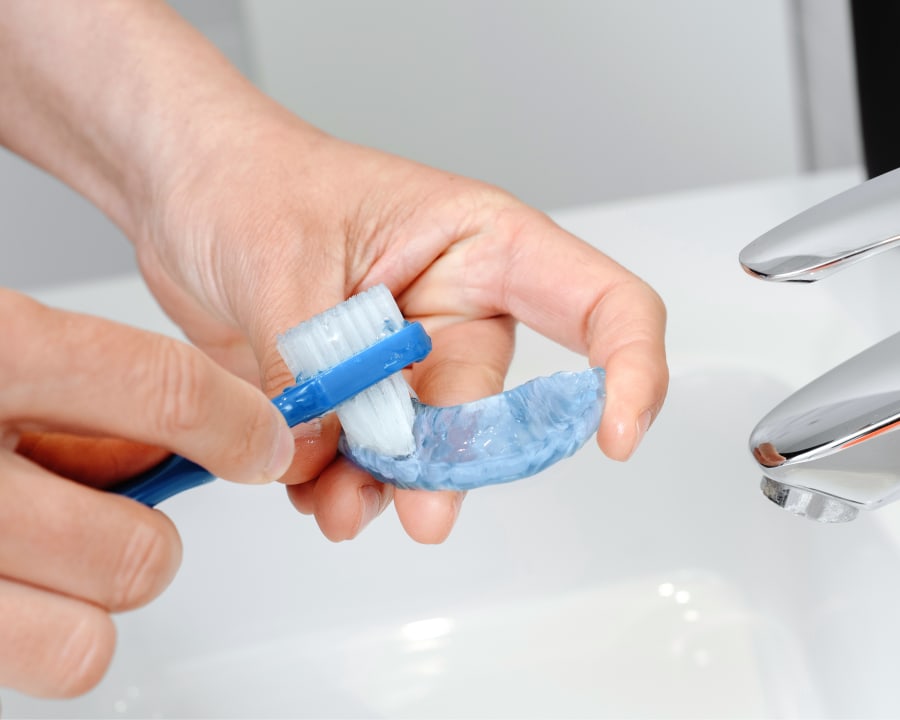
What is a Dental Appliance?
We must do more than brush and floss for good oral health. For those of us who participate in sports and athletic activities or who clench or grind our teeth, dental appliances can help preserve and protect our oral structures.
Dental appliances we offer at Markham 7 Dental include mouth guards for sleep and sports and are used to help protect your oral health.
Custom-Fitted Sports Guards
If you are hit in the mouth while playing sports, a custom-fitted mouth guard provides a barrier to act as a cushion between your teeth and your mouth's soft tissue to help protect your smile.
These dental appliances are made specifically for your mouth and made to protect the teeth and surrounding structures from injury while you focus on the action on the ice, rink or court.
Custom-Fitted Night Guards
Do you grind your teeth during sleep? People who do so sometimes end up with chipped or fractured teeth, tooth wear, jaw pain, headaches and more symptoms due to the stress on their jaw.
A mouth guard can help protect your teeth from damage, help keep you from clenching and offer some pain relief to help you get a good night's sleep — and could help save costs on repairs to teeth in the future.
